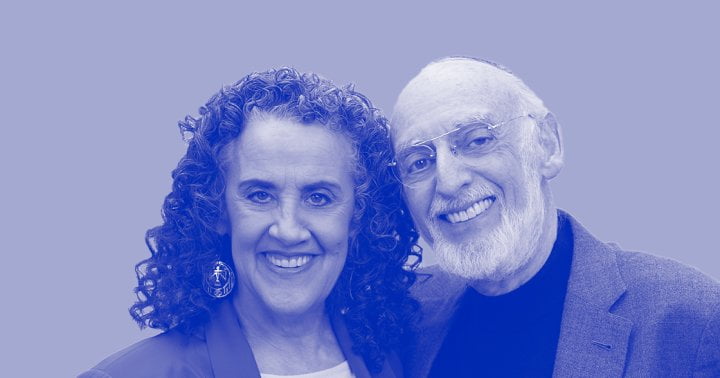The Better You Sleep, The More You Forget (But Wait—That’s A Good Thing)

“One of the main purposes of sleep is to trim down our memories,” Small says on the mindbodygreen podcast. It’s an idea introduced by molecular biologist, neuroscientist, and Nobel Prize winner Francis Crick, Ph.D., who proposed that we sleep in order to forget; meaning, we sleep so our brains can remove unnecessary information.
Take a moment to picture your brain as a vast, open field—your memories as the grass poking out from the earth. Sleep allows you to “mow” the lawn and trim down the unnecessary bits that make the field appear cluttered and misshapen.
See, your brain encounters thousands and thousands of pieces of information every single day, most of which you don’t even realize you’re processing. “Your brain is very good at remembering a thousand details, and most of them are not really critical for your life,” adds Small. Just like the overgrown bits of grass, these memories are extraneous–and if they accumulate on the field over time, they can make the foliage very ugly.
When people don’t get enough quality sleep, their brains are unable to crop these extra memories and hold onto only the important stuff—which is why lack of sleep has been associated with suboptimal working memory. “Their brains are static with information,” says Small. “They can’t think clearly.”
This article was originally published by mindbodygreen.com. Read the original article here.



